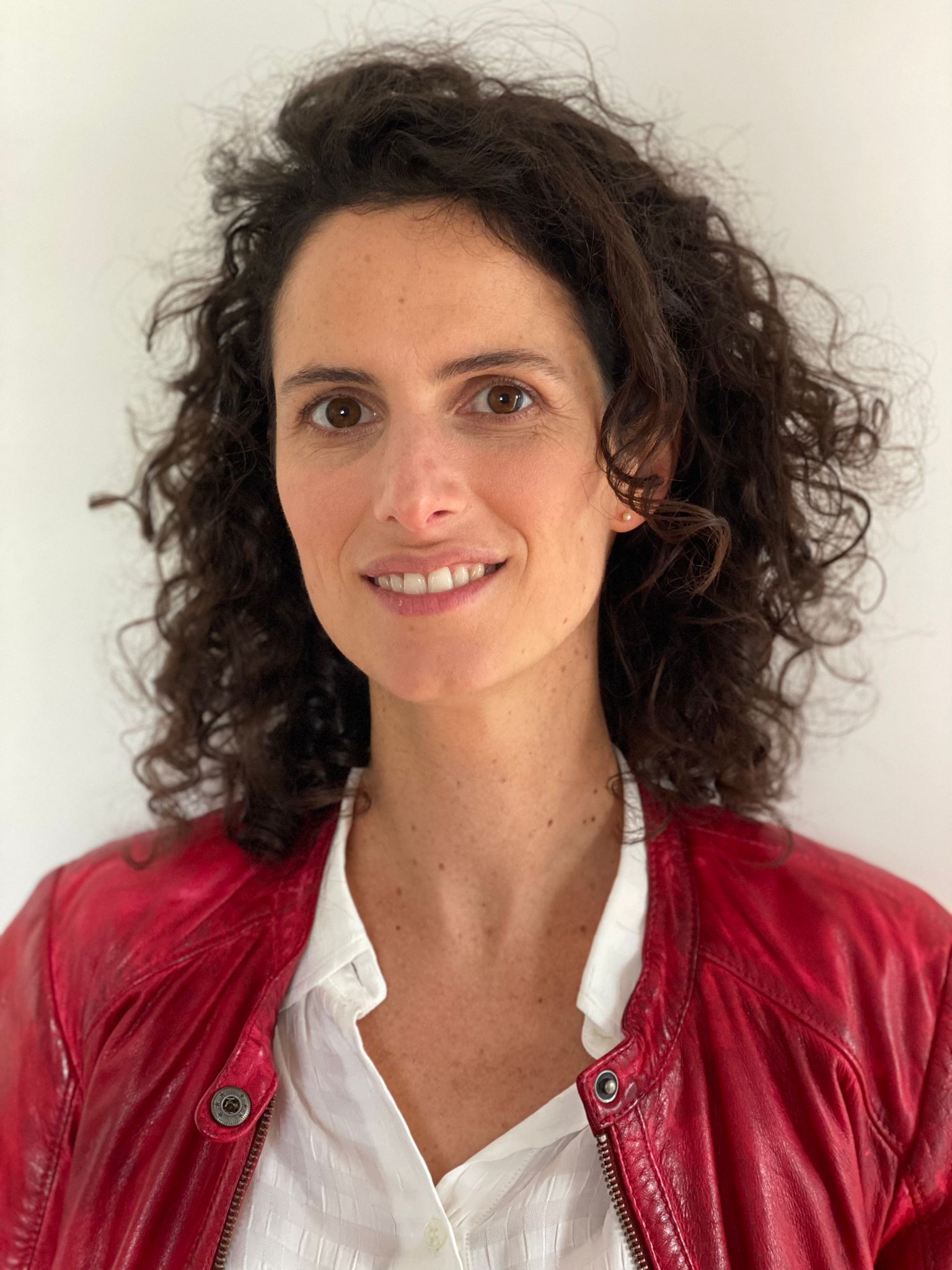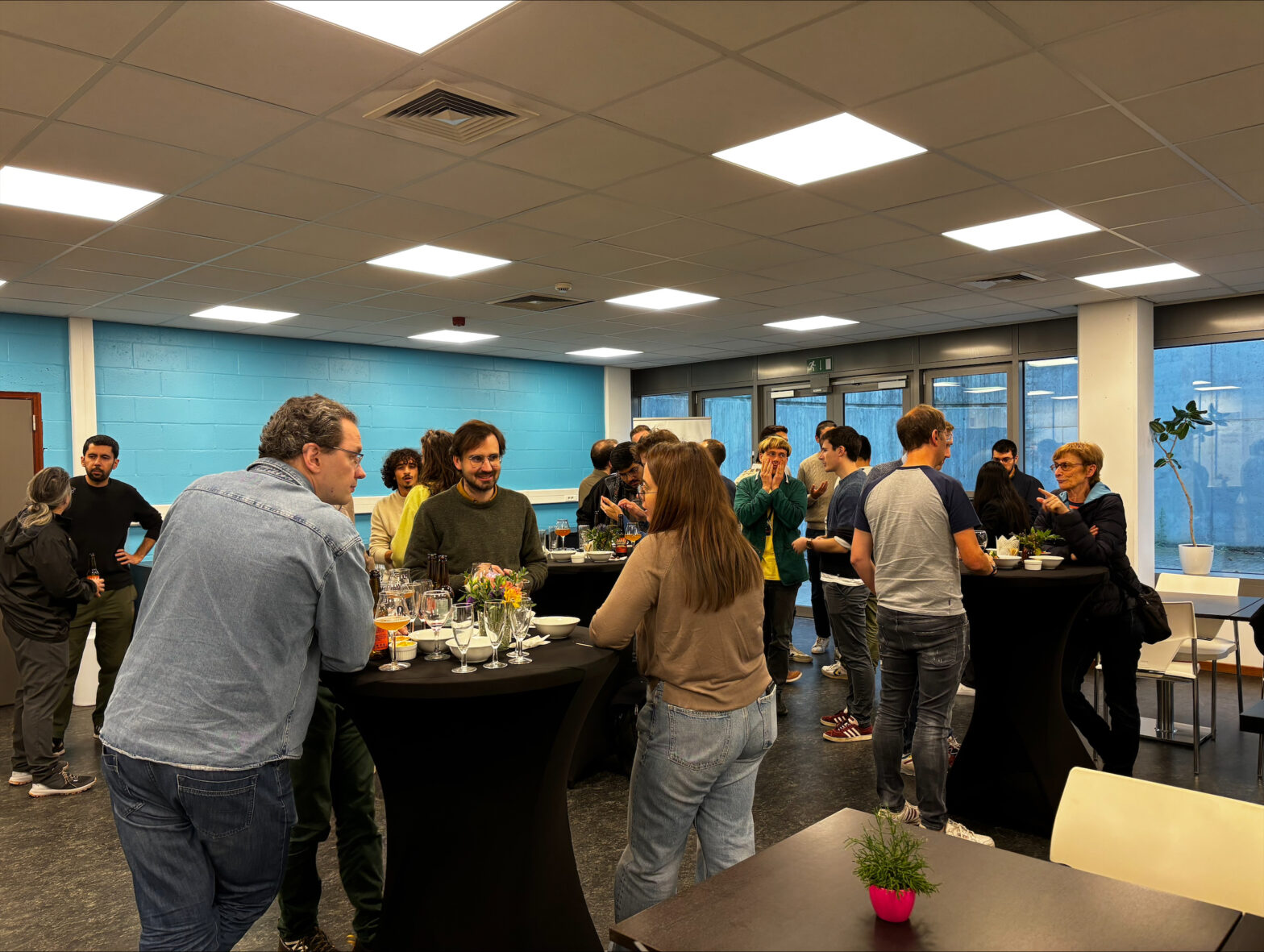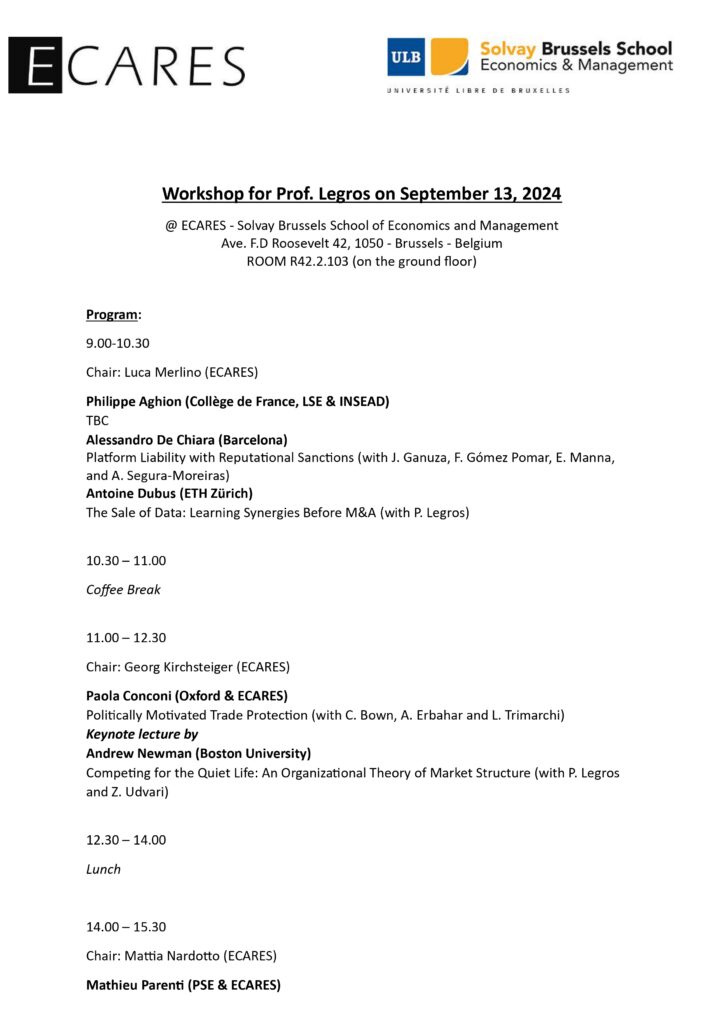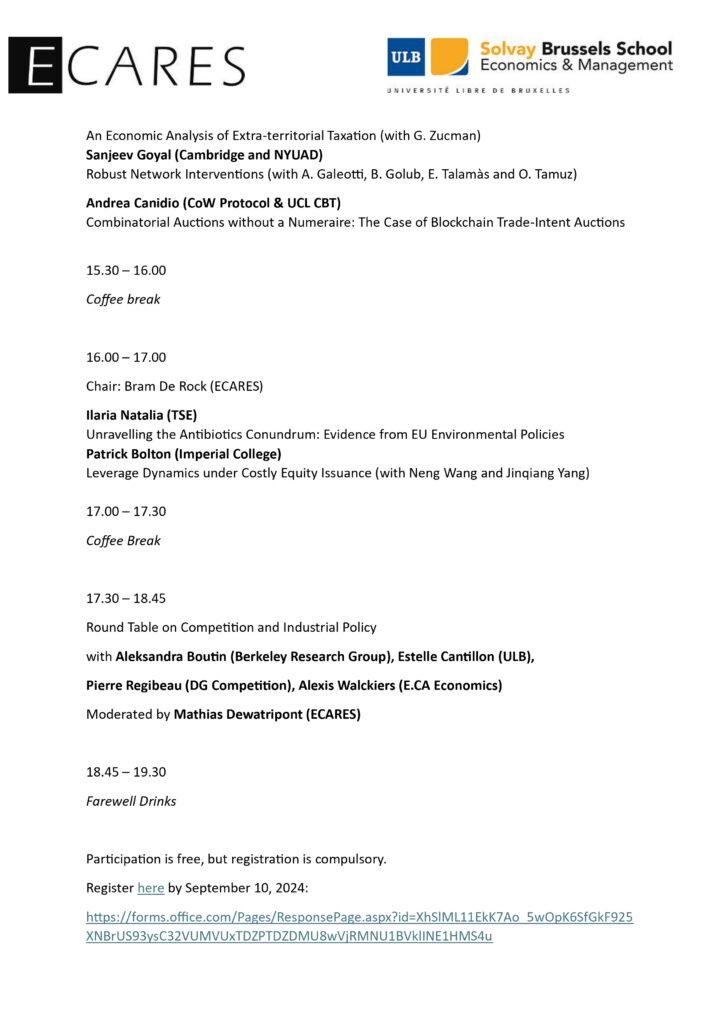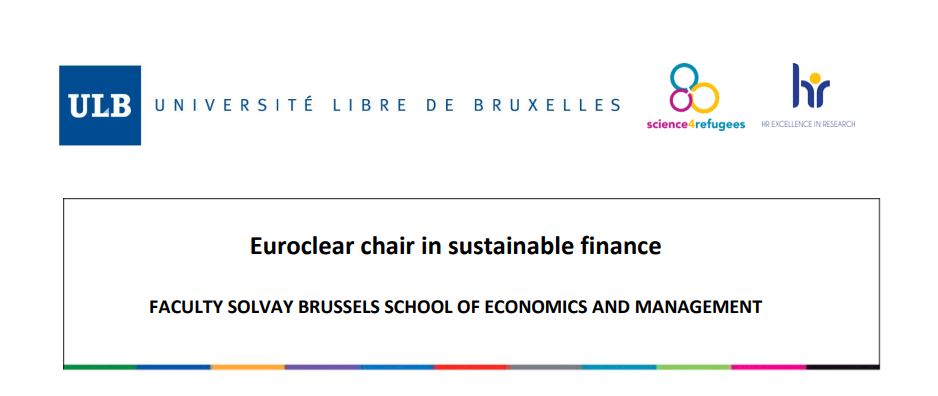Sarah Langlotz, Philip Verwimp, Patricia Justino and Tilman Brück, guest co-editors
Today we are happy to announce the publication of a selection of papers analysing social cohesion and forced displacement conflict contexts. Each paper is a significant contribution to our understanding of the complexity of forced displacement, and offers insights for policy making. These papers were presented at the 17th Annual Workshop of the Households in Conflict Network at the Georg-August University in Göttingen and have gone through a regular peer-review process in the Journal of Conflict Resolution. The special feature contains four contributions.
The first contribution, introducing the special feature, written by the guest-co-editors and Paul Michel, takes stock of the scientific literature on this wide-reaching topic and highlights key concepts, concerns, findings and limitations that confronts the research. Violent conflict and the dynamics of forced displacement have profound and heterogenous impacts on social cohesion outcomes within both host and origin communities. The authors argue that studying these heterogeneities across subpopulations with divergent migration experiences provides important insights to understand the relationship between conflict and social cohesion more generally.
The second contribution, co-authored by Juan F. Tellez and Laia Balcells, analyses the long-term consequences of forced displacement for social cohesion in Colombia, using household data and key stakeholder interviews. The study finds that a decade or more after displacement, victims experience substantial negative welfare deficits yet exhibit higher levels of social cohesion than their counterparts
The third contribution, co-authored by Isabel Ruiz and Carlos Vargas-Silva, focuses on the differences between those who stayed in their communities of origin during armed conflict in Burundi and those who were displaced internally and internationally and who returned home over time. The analysis suggests that internal returnees have significantly lower levels of trust, reconciliation, and community engagement compared to stayees.
And the fourth contribution, by Christian Ambrosius, traces the long shadow of immigration enforcement on violent crime in Mexico using migrants’ exposure to deportation threats at destination as a plausibly random source of variation to identify the causal effect of forced returns. Enforced return is associated with more homicides and a stronger presence of cartels in migrants’ municipalities of origin, as well as a higher sense of insecurity among the population and a higher probability of being assaulted. The paper reveals that higher deportation threats led to more returns, which in turn increased homicides and cartel expansion in Mexico, which may result in a vicious cycle of violence and eroding social cohesion.
All papers are available at the website of the Journal of Conflict Resolution
https://journals.sagepub.com/home/jcr

